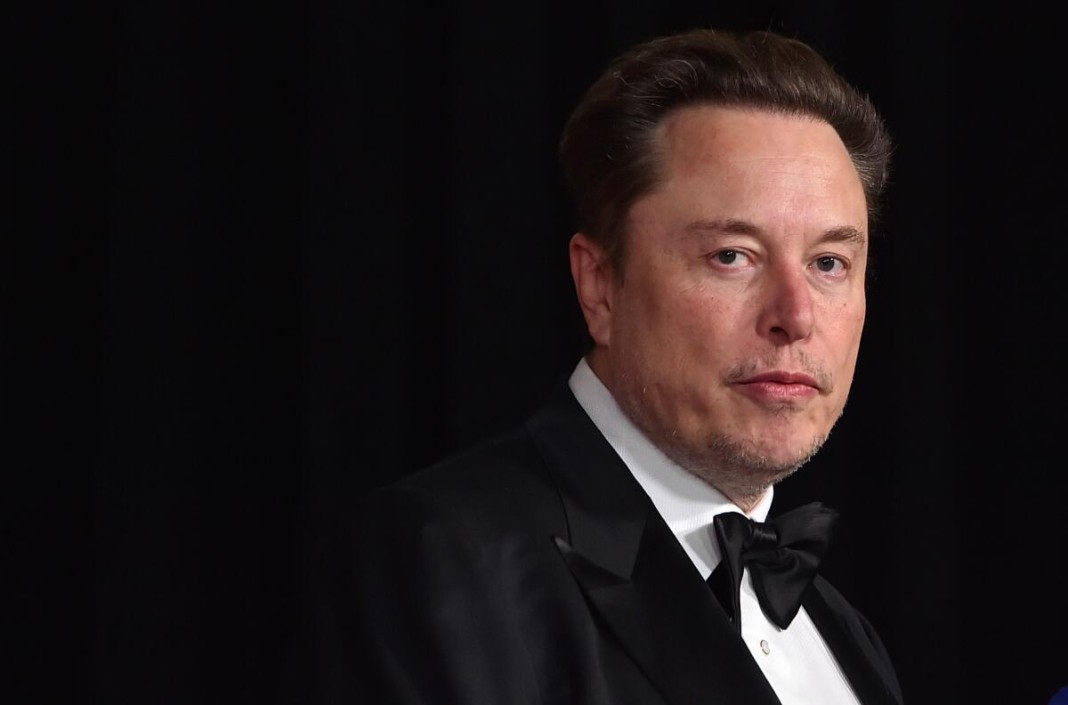Tesla’s strong denial of reports claiming it is seeking a replacement for Elon Musk signals an attempt to quell growing concerns about leadership stability amid mounting challenges, including a falling stock price, consumer boycotts, and investor unrest.
The Wall Street Journal’s report, which cited unnamed sources alleging the Tesla board was frustrated with Musk’s divided focus—particularly his high-profile role in Trump’s administration—has touched a nerve. Musk and Tesla board members swiftly and sharply pushed back, labeling the article “absolutely false” and “deliberately misleading,” with Musk calling the WSJ a “discredit to journalism.”
At the heart of the controversy is Musk’s involvement in Trump’s Department for Government Efficiency (Doge)—a move that has alienated some customers and prompted protests. While Musk has now pledged to spend more time on Tesla and step back from government duties, the damage to Tesla’s brand loyalty may already be underway, especially among politically disillusioned consumers.
The situation is further complicated by Musk’s political donations and increasingly polarizing public persona, which, while galvanizing for some, has sparked boycotts and vandalism at Tesla dealerships.
This saga not only reflects tensions at the intersection of business and politics but also raises serious governance questions: how much influence should a CEO wield outside their corporate role before it affects the company itself?


